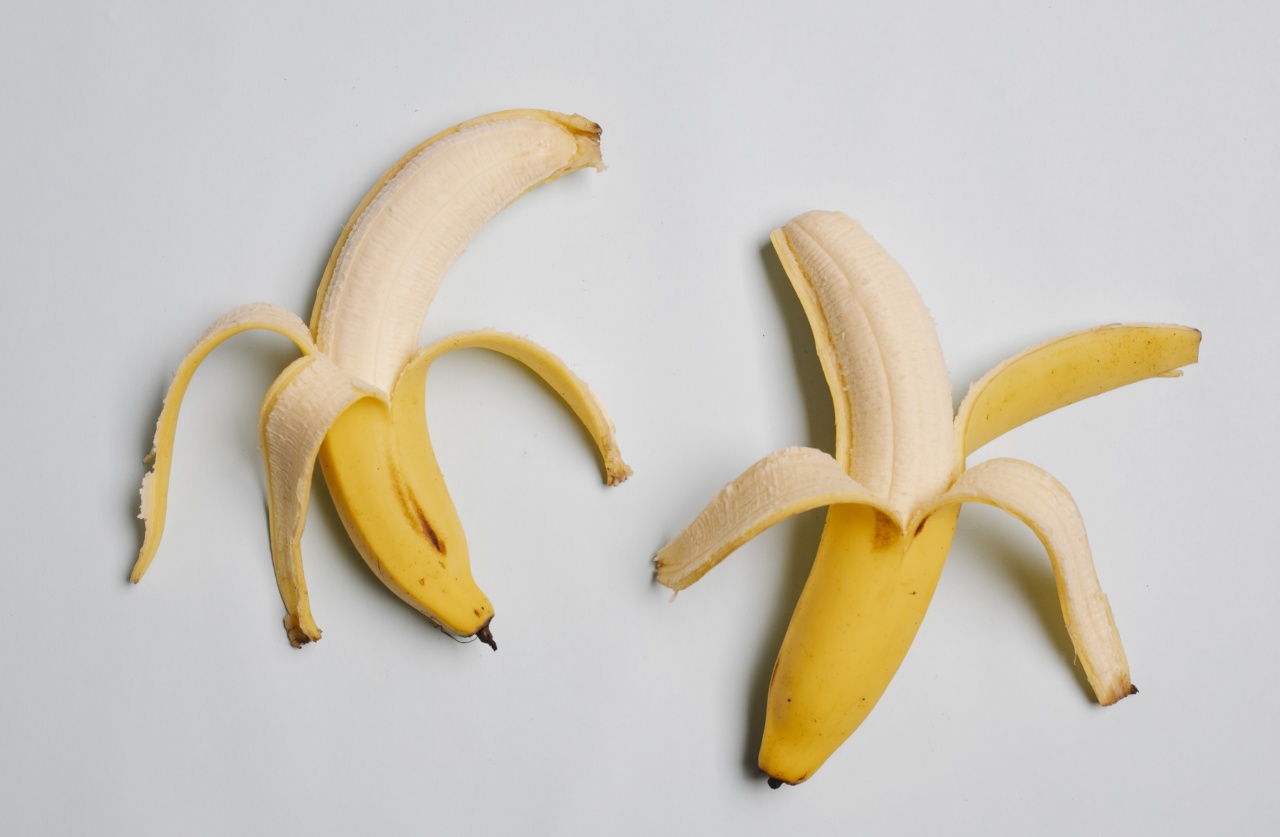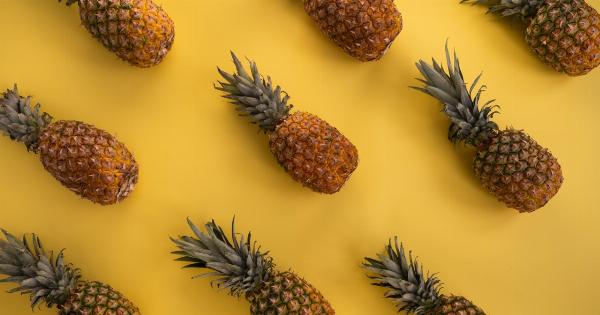Our skin is a reflection of our overall health and what we put into our bodies can have a significant impact on its appearance and aging process. The saying “you are what you eat” holds true for our skin as well.
The food we consume can either promote a youthful and glowing complexion or accelerate the aging process. In this article, we will explore eight aging foods that you should consider removing from your diet to maintain healthy and youthful skin.
Sugar
Sugar is one of the biggest culprits when it comes to skin aging. Consuming excessive amounts of sugar leads to a process called glycation, where sugar molecules attach to the collagen and elastin fibers in our skin.
This process weakens these fibers, resulting in sagging skin, wrinkles, and a dull complexion. Reduce your intake of sugary snacks, sodas, and processed foods to prevent premature aging of the skin.
Processed Meats
Processed meats such as sausages, bacon, and deli meats are often high in sodium, saturated fats, and nitrites. These preservatives and unhealthy fats can contribute to inflammation in the body, including the skin.
Inflammation can lead to accelerated collagen breakdown, resulting in sagging and wrinkled skin. Opt for lean meats and avoid processed meats to keep your skin looking youthful.
Trans Fats
Trans fats are artificial fats found in many processed and fried foods. These fats not only contribute to heart disease and other health issues but also damage the skin.
Trans fats cause inflammation and oxidative stress, which can lead to premature aging, wrinkles, and a dull complexion. Avoid foods such as fried snacks, baked goods, and margarine that contain trans fats for healthier skin.
Alcohol
Excessive alcohol consumption can wreak havoc on your skin. Alcohol is dehydrating and can lead to dryness, dullness, and lack of elasticity. It also dilates blood vessels, leading to redness and flushing.
Additionally, alcohol can affect the production of collagen, resulting in premature aging and wrinkles. Limit your alcohol intake and make sure to drink plenty of water to counteract its dehydrating effects.
Caffeine
While a cup of coffee in moderation can provide a much-needed energy boost, excessive caffeine consumption can have negative effects on your skin. Caffeine is a diuretic, which means it can dehydrate the skin and lead to dryness and fine lines.
It can also interfere with your sleep quality, impeding your skin’s natural repair and renewal process. Opt for decaffeinated beverages or limit your caffeine intake for healthier skin.
Highly Processed Foods
Highly processed foods such as fast food, chips, and sugary snacks are often devoid of essential nutrients and high in unhealthy fats and additives.
These foods can lead to inflammation and oxidative stress in the body, which affects the skin’s health and accelerates the aging process. Incorporate whole foods such as fruits, vegetables, whole grains, and lean proteins for a diet that promotes healthy and youthful skin.
Salt
Consuming excessive amounts of salt can lead to water retention and bloating, which can make your skin appear puffy and tired. High sodium intake can also weaken the skin’s elasticity and contribute to the formation of fine lines and wrinkles.
Be mindful of your salt intake and opt for natural and unprocessed sources of sodium, such as sea salt, in moderation.
Dairy Products
Dairy products, especially full-fat options, contain hormones that can trigger inflammation and acne in some individuals. This inflammation can lead to long-term skin damage and premature aging.
If you notice that your skin reacts negatively to dairy, consider eliminating or reducing your consumption to maintain a clear and youthful complexion.
Artificial Sweeteners
Artificial sweeteners, commonly found in diet sodas, low-calorie snacks, and sugar-free foods, may seem like a healthier alternative to sugar. However, they can still have detrimental effects on your skin.
Artificial sweeteners can disrupt the balance of bacteria in your gut, leading to inflammation and skin issues. Opt for natural sweeteners such as stevia or moderate your sugar intake with healthier alternatives like honey or maple syrup.
Conclusion
What you eat plays a crucial role in the health and appearance of your skin.
By eliminating or reducing the consumption of aging foods such as sugar, processed meats, trans fats, alcohol, caffeine, highly processed foods, salt, dairy products, and artificial sweeteners, you can promote healthier, more youthful skin. Remember to incorporate a balanced diet rich in fruits, vegetables, whole grains, and lean proteins for optimal skin health.





























